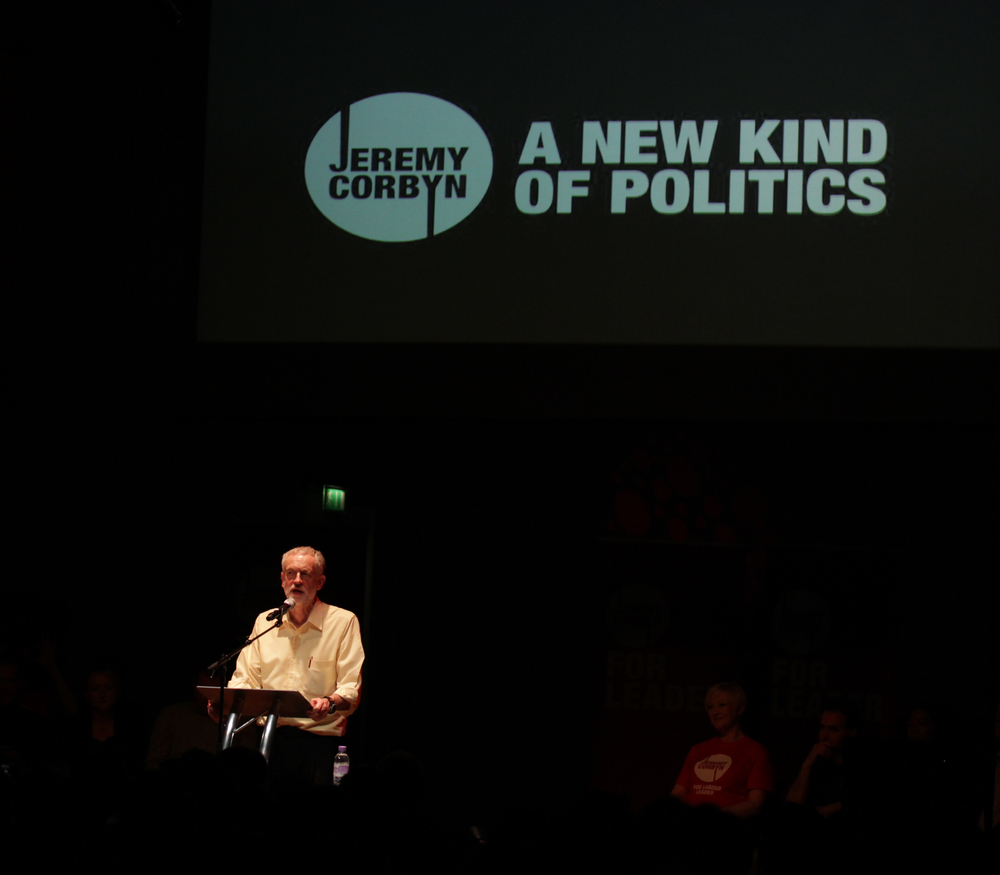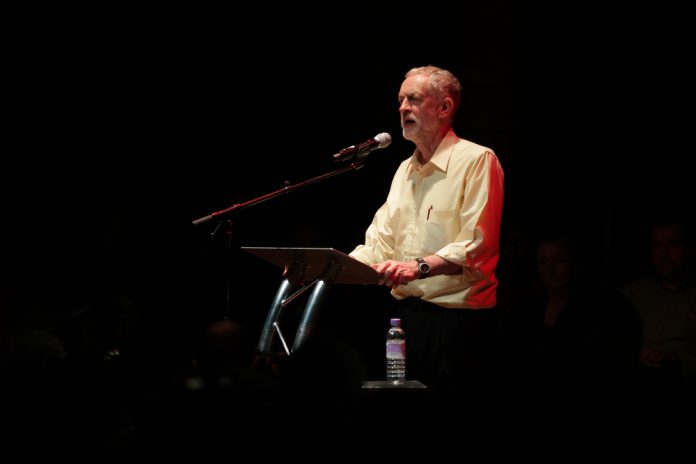After a tumultuous summer, Jeremy Corbyn attempted to solidfy his leadership vision in his conference speech after his second leadership election victory.
Five key points can be taken away from the Labour leader’s speech in Liverpool:
A party hungry for power?
Corbyn was keen to attempt to dispel criticisms that Labour, in its current form, is not fit for Government.
In his speech, Corbyn reiterated “…our party is about campaigning and it’s about protest too. But most of all it’s about winning power in local and national government, to deliver the real change our country so desperately needs.”
Labour has been often historically characterized as prioritising principles over electability, having only won power on three occasions in the post-war period.
Tackling internal division
Corbyn highlighted the necessity for maintaining unity within the party, something that has been a particular problem of late.
“I am honoured to have been re-elected by our party a second time with an even larger mandate. But we all have lessons to learn and a responsibility to do things better and work together more effectively.”
A leadership challenge was triggered earlier in the summer, after Corbyn lost the confidence of an unprecedented 2/3 of Labour MPs and the shadow cabinet. However, Corbyn faced the party conference with a new force of authority after winning the contest with an even bigger mandate than 2015.
Jeremy Corbyn’s original mandate was already a notable victory, having secured 59.5 percent of the vote – more than former Prime Minister Tony Blair’s 57 percent in 1994. This year Corbyn received 61.8 percent of the vote, against challenger Owen Smith’s 38.2 percent.

Offering an alternative to austerity
The re-elected leader reaffirmed his commitment to an anti-austerity agenda. This remains a key continuity in Corbyn’s economic policy, potentially offering the public a clear economic alternative to the Conservative vision for Britain. Notably, the Labour-commissioned Beckett report cited party convergence as one of the main reasons for its most recent general election defeat.
Corbyn remarked:
“Since the crash of 2008, the demand for an alternative and an end to counter-productive austerity has led to the rise of new movements and parties in one country after another.”
Labour’s continued commitment to anti-austerity shows a real attempt to offer an effective opposition and alternative to the established Conservative economic policy of the last few years.
Phillip Hammond’s Autumn statement will prove an important event for the Conservative May government in setting out its proposed trajectory, as well as the degree to which it intends to deviate from former Chancellor George Osborne and David Cameron’s austerity agenda.
Addressing the housing crisis
Another key focal point of Corbyn’s speech was the pressing problem of housing shortage, that continues to affect the UK population.
The capital in particular has seen housing prices continue to surge to un-affordable levels, as the Government has continued to struggle to keep up with housing demand. Conversely, however, The Government yesterday announced an end to the ‘right to buy’ scheme that had been introduced by the previous Cameron Government. This is a potential indicator that, unfortunately, the worst may be yet to come for prospective home owners across the UK.
Corbyn highlighted the problems with the current situation:
“Instead of spending public money on building council housing, we’re subsidising private landlords. That’s wasteful, inefficient, and poor government.”
Moreover, the speech specifically committed the party to ensuring the construction of over a million new homes in the U.K, pledging that at least 50 percent of those built will be council houses.

Ultimately, more of the same?
Jeremy Corbyn has certainly emerged from his second leadership election rejuvenated and with renewed confidence. He appeared jovial, even incorporating pointed quips about the Virgin Trains debacle which ensued earlier this summer. He opened the speech with:
“…how brilliant it is to see the hall here in Liverpool, absolutely packed for the Labour conference. Well I say it’s packed, but Virgin Trains assure me there are 800 empty seats.”
Nevertheless, his speech unfortunately didn’t provide any new solutions to the problems that Labour have been attempting to decisively answer since 2009. Jeremy Corbyn needs to show progress in taking the necessary steps to ensure that Labor re-captures an increasingly right-leaning British electorate – as Brexit and the rise of UKIP as demonstrated. Ultimately Corbyn’s re-election could potentially prove to be more of the same for the struggling party.
Talking about re-conciliation within the party may not be sufficient in healing the party’s wounds, as Labour MPs are yet to fully rally behind the re-elected leader. The next few months will be make or break for Labour in their attempt to rebuild themselves.

